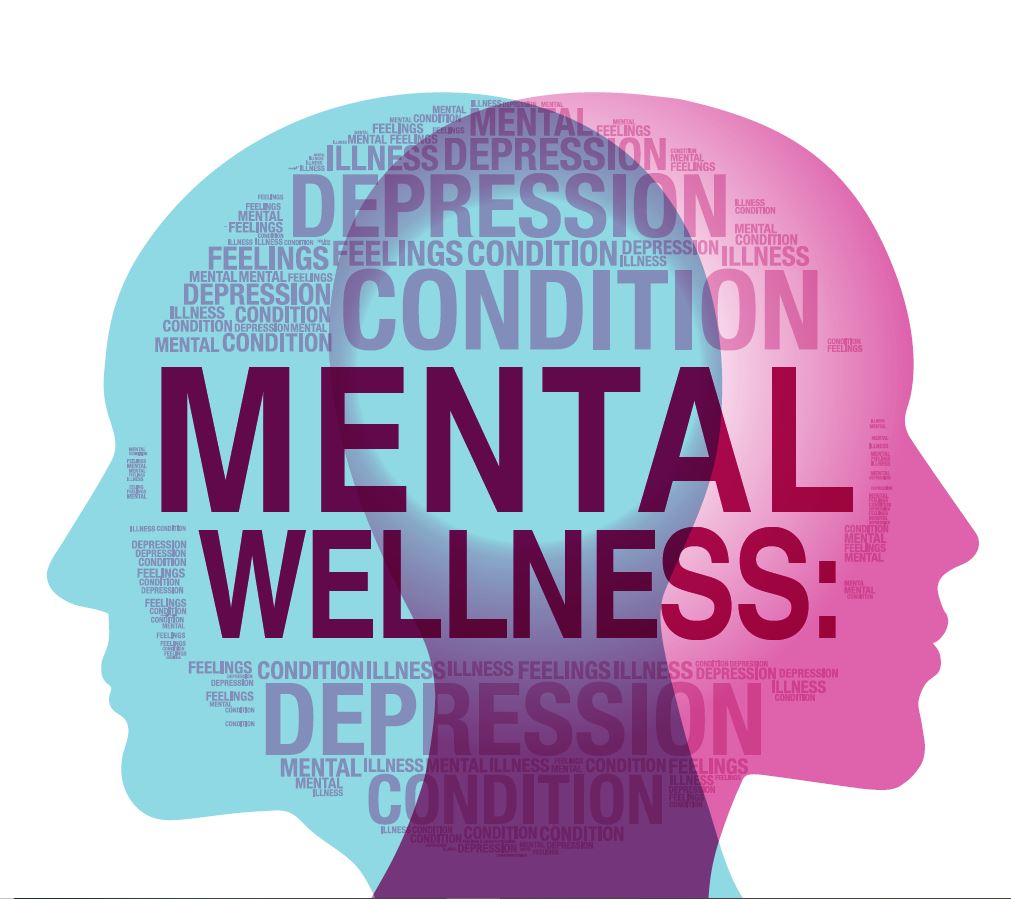Countries that invest in social protection, support programs and provide sufficient employment opportunities can mitigate the mental health crisis
We need to be aware of the long-term consequences on the health of all workers. One can expect a drop out of personnel, not only due to infections with COVID-19, but also due to stress, frustration and isolation. Big health inequities due to pandemic and economic recession are to be expected. For white coat workers, it will be mainly the mental health toll as a result of the high work load during the crisis. For white collar workers, their mental health will instead suffer from the effects of isolation and quarantine. Finally, for blue collar workers, job insecurity and loss of income could lead to mental health issues.
However, it is possible to turn the tide. If we reflect on previous pandemics followed by an economic recession it becomes clear that countries that invest in social protection, support programs and provide sufficient employment opportunities can mitigate the mental health crisis that follows a pandemic.
The overworked white coat workers will need time to recover from this period at the same time that healthcare services will be pushing for a return to normal operational levels. For people who worked remotely from home during the crisis, it will be important for them to mentally prepare to return to work. This group of people might be wary about returning to work, fearing an increased risk of infection but also uncertain about the future of their job. The final group of workers concerns a large population of people that have already lost their job, are working reduced hours or are facing severe cuts in their wages.
Recessions typically exacerbate pre-existing health inequities and have a larger impact on the health of vulnerable disadvantaged groups, such as people with disabilities and diseases and the unemployed. For these workers, we must take extra supportive measures to ensure these populations can resume their roles in society and avoid severe financial or mental health consequences.
So far, pandemic planning has not sufficiently addressed these underlying inequalities and social determinants. However, if we can take advantage of the extraordinary wave of solidarity that we are experiencing in light of the COVID-19 pandemic, the impact of the economic recession might have an unexpected positive impact on our health. This cannot happen without appropriate measures to avoid health inequities.
The presence or absence of supportive policies that target social inequities will dictate the course to financial and mental health security following the COVID-19 crisis. This means that despite a recession, the creation or maintenance of safe jobs will ultimately minimize the impact on health of the workers post-corona.
By Lode Godderis, Centre for Environment and Health, Department of Public Health and Primary Care, Belgium



